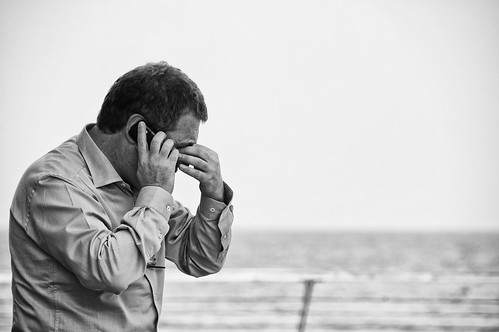 A while back I shared some ideas for talking about Digital Citizenship using visual metaphors. It's important to continue these conversations in school amongst educators and with our students. We have to involve parents too.
A while back I shared some ideas for talking about Digital Citizenship using visual metaphors. It's important to continue these conversations in school amongst educators and with our students. We have to involve parents too.Digital Citizenship isn't an expression often heard outside of school. The ways in which it's discussed in main stream media are quite different from how it's discussed in schools. Most often the popular press shares sensational negative stories how kids use the internet and their phones to hurt each other.
We have to have open and honest conversations about how things can and have gone wrong and what we can do to make things better in the aftermath of things like cyber bullying, online harassment, or sexting. That said, it's a far more powerful message to talk to kids and parents about how engendering empathy helps us understand each other so we choose not to hurt each other. It's also important to share stories and ideas how our modern mobile technologies empower us to effect positive change in the world around us in ways that weren't possible 10 or 15 years ago.
We have to move beyond stranger danger and scare tactics. Sharing frightening stories (often overstated) does nothing to model positive outcomes or move the conversation to discussions of how to deal with something gone wrong.
Kids need more models of empathy and empowerment. Parents do too.
Below is an interactive "stand alone" presentation I made specifically to start these kind of conversations with parents. Many of the slides are "clickable"; clicking on the centre of a slide will take you to the online article or resource displayed. There are also several short videos embedded throughout. It should take about 20 minutes to work through it all, including the videos. I hope the conversations it starts last much longer.
If you use anything I've shared here let me know how it goes.
- 2/28/2015 07:00:00 pm
- 1 Comments

